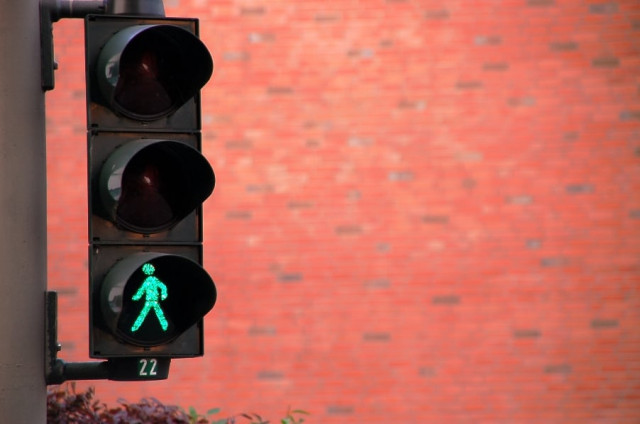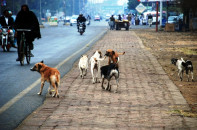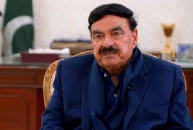Power to the people: Urban modernity linked to middle-class activism
Experts bring cutting-edge discussion to South Asian cities conference.

Experts bring cutting-edge discussion to South Asian cities conference. PHOTO: FILE
Dr Altaf was speaking at the South Asian Cities Conference held at the Frere Hall, Karachi on Sunday. Politics in Pakistan and India is marred by the conundrum of being decided on the rural vote, he claimed, while in order for issues to get highlighted and politicians to be motivated in resolving them, political activism must come from the middle class.

Citing examples of developed cities in the west, while the lecturer admitted their models of growth are no longer applicable to the much more technologically advanced contemporary cities, he maintained that the masses need to mobilise so that cities and thus countries are able to modernise socially before they modernise politically. Thus provision of rights must come before anything else.
Dr Altaf lamented the fact that in the South Asian context there is very little investment on human development. When the rural population moves to cities they are confronted with a post-Industrial urban economy and they are forced to work in the informal sector.
With the environment laws, factories have been forced to move outside of cities. People from rural areas move in search of jobs, and because of the meagre investment in human development they are unable to find jobs in the urban economy, thus stalling the process of urbanisation.
Dr Altaf said that in order to make this process work, the rural population must be moved towards the factories where they can learn different sets of skills and then the surplus from there be moved to the cities. “We cannot expect moving to cities to be good for everyone” he said. Thus, he claimed the policies of urbanisation and industry cannot be ‘divorced from each other’.
The speaker also spoke of learning from examples of modern cities in China and Korea where the process of urbanisation has been divided into phases.
This allows not only human development but also enables cities to serve as engines of growth. Only upon a deep study of demographics can policymakers decide on whether to focus on developing small cities, like China, or otherwise medium and large cities.
He said the juncture was very exciting for academics because there was a lot of opportunity for research for figuring out solutions to all these policy issues but the essential point remains the same: we have to encourage public discourse and involve the middle class into politics.
“There is a need for us to rethink the political process and mobilise people so everyone can have civil, political and economic rights,” he concluded.
Masood Jafri, architect and urban planner, also spoke.
Published in The Express Tribune, January 13th, 2014.



















COMMENTS
Comments are moderated and generally will be posted if they are on-topic and not abusive.
For more information, please see our Comments FAQ